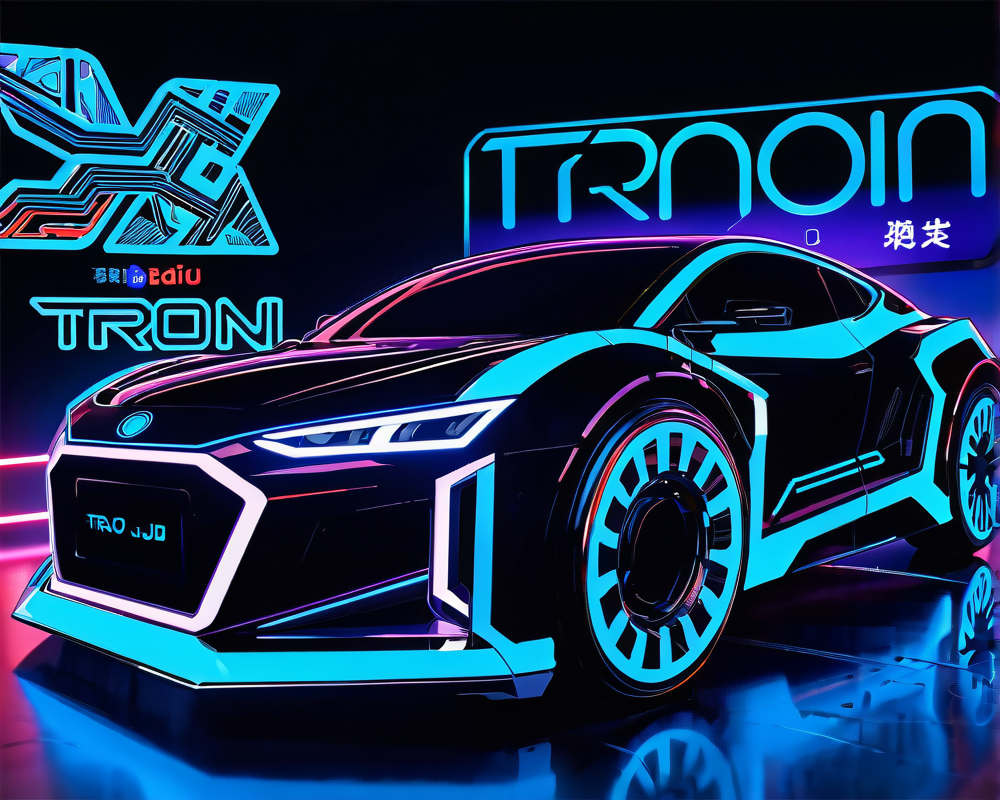The Rise of Central Bank Digital Currencies
In the world of finance, Central Bank Digital Currencies (CBDCs) are more than just a buzzword; they’re shaking the very foundation of money as we know it. Imagine waking up to a world where your banknotes are exchanged for digital formats faster than you could say ‘money laundering.’ The notion gained traction in 2020, making waves in both crypto circles and traditional banking systems.
Sweden’s Foray into Digital Currency
Leading the charge in this digital cash revolution is Sweden, with its ambitious e-krona project. The Sveriges Riksbank, Sweden’s central bank, is digging deep into the nitty-gritty of distributed ledger technology (DLT). Their deputy governor, Cecilia Skingsley, confirmed this during a panel discussion at the CfC St. Moritz conference. Unlike a groupie at a rock concert, she wasn’t here to hawk the DLT called Corda, but the choice made sense after a thorough procurement process.
The Dynamics of Choosing Corda
“The reason we use Corda is not that we necessarily think that Corda is the best and optimal choice for an eventual future e-krona,” Skingsley remarked, keeping it real. She acknowledged that the proposal from Accenture, built on Corda, ticked most of their boxes. So, does it mean Corda is the superstar? Not quite, but sometimes the best option is the one that plays best with your criteria.
Progress Over the Years
Sweden has been at this longer than your uncle has been trying to grow a mustache. The Riksbank and Accenture collaborated at the tail end of 2019, embarking on a journey that’s now into its second year. Skingsley pointed out that they’ve spent over 12 months fleshing out this e-krona proof-of-concept. With each passing year, discussions have intensified around what a CBDC could look like in Sweden.
Evaluation Stage
Despite the excitement, it’s crucial to note that a final decision on issuing an e-krona hasn’t been made. “Although we are exploring this issue, the Riksbank has not decided to issue an e-krona,” Skingsley reiterated, reminding us that even the coolest technologies can take their sweet time. The goal is not just to create another digital currency but to fully comprehend how the e-krona could operate and what compromises might arise depending on its design choices.
The Global Race for CBDCs
With interest in CBDCs spiraling globally, countries are seemingly racing each other like kids on a playground. China, for instance, isn’t sitting idle; they’ve taken significant strides towards their digital yuan. This CBDC race is real, and every country aims to position itself on the map of modern finance.
Conclusion: A Digital Future Awaits
As we peer into the horizon of potential digital currencies, Sweden stands as a frontrunner whose explorations could influence global standards. Whether the e-krona becomes the new norm or simply a prototype remains to be seen. But one thing’s for sure: the future of money is knocking at our digital doors, and it’s about to throw a party.



